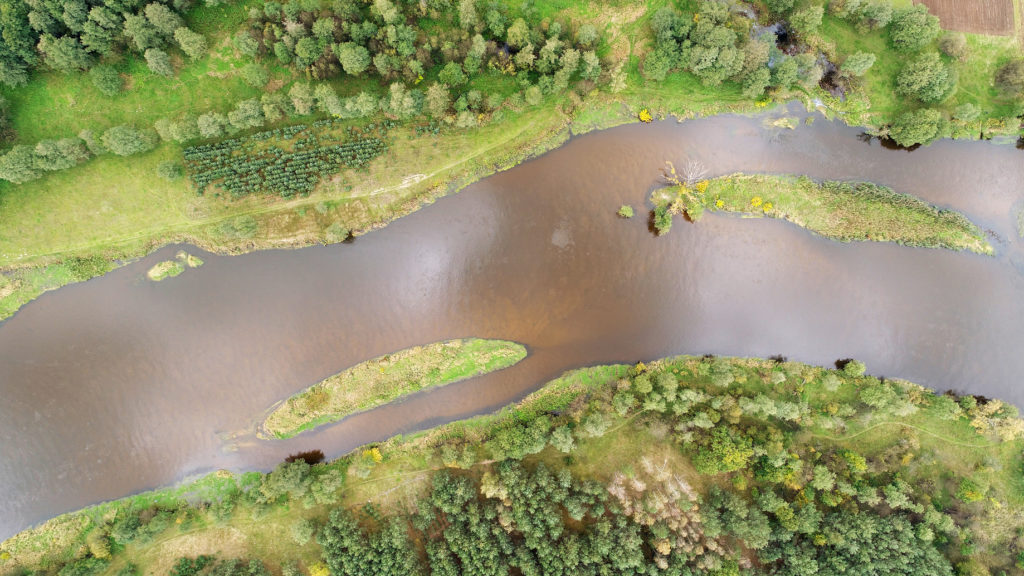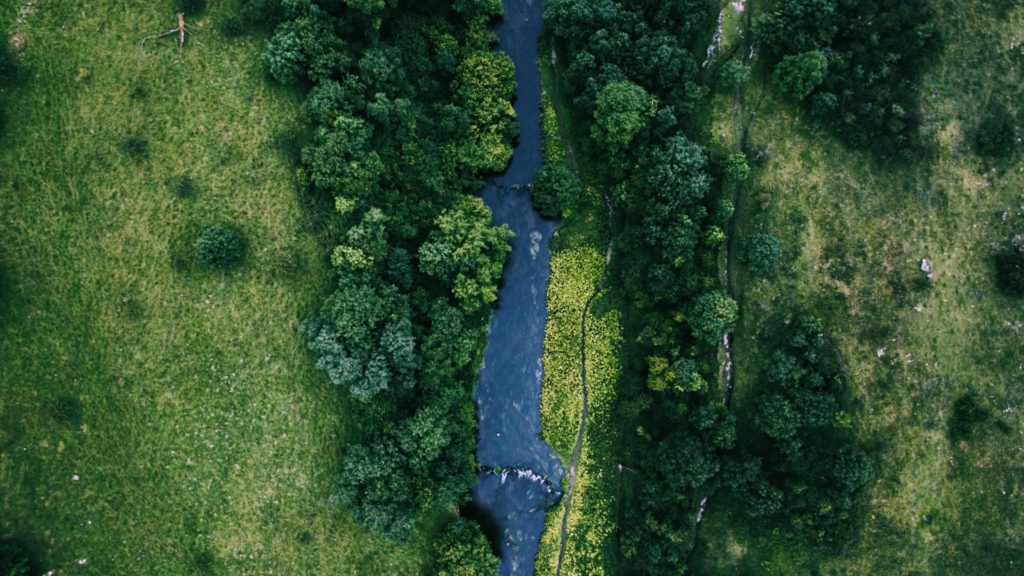Multifunctional afforestation on private land
Researchers of the Water Policy Hub at REKK, Gábor Ungvári and András Kis, lead one of the special sessions at the LAND4FLOOD COST Action Final Conference on 27 January 2022. The closing event of the 4-year European research collaboration concluded on key results and highlighted themes for future cooperation. Discussion at the special session called “Forest-Lands4Floods” focused on an under-researched topic the foundations of which have already been laid within the LAND4FLOOD cooperation

Climate change increases the frequency and intensity of future flood events, leading to higher costs of flood damages and increasing the public demand for protective measures. Traditional flood protection measures, mainly based on grey infrastructure (i.e. dikes, dams, etc), are not sufficient to cope with dynamic flood risk alone. Nature-based solutions such as Natural Water Retention Measures (NWRM) are promising options to mitigate flood risks as a complement to grey infrastructure. However, a common characteristic of green infrastructure measures is that they often claim more land than traditional methods, and the needed land is more often than not, owned privately.
4 years of academic cooperation under the LAND4FLOOD COST Action dealt with the numerous aspects on involving private land owners for flood mitigation, including economic issues (e.g. how to compensate for or incentivize flood retention services); property rights issues (e.g. how to allow temporary flood storage on private land); issues of public participation (e.g. how to ensure the involvement of private landowners) as well as issues of public subsidies (e.g. how to integrate/mainstream flood retention in agricultural subsidies).
A lot has been covered and a common knowledge base was developed. The researchers of the Water Policy Hub at REKK initiated discussion on a topic that would both narrow and widen the LAND4FLOOD scope. Much of the current experience can be applied to forests as a specific land use category (agreements, compensation, property right issues etc.), but the time horizon of afforestation is much longer than the that of croplands or meadows, and the benefits of afforestation for society are much more diverse than just water retention. Additional advantages include, for instance, carbon capture, biodiversity, soil protection, recreation.
Further information:
More on the LAND4FLOOD COST Action: https://www.land4flood.eu/
The conference program is available at http://www.land4flood.eu/wp-content/uploads/2022/01/LAND4FLOOD-FINAL-CONFERENCE-27012022-1.pdf
Contacts: